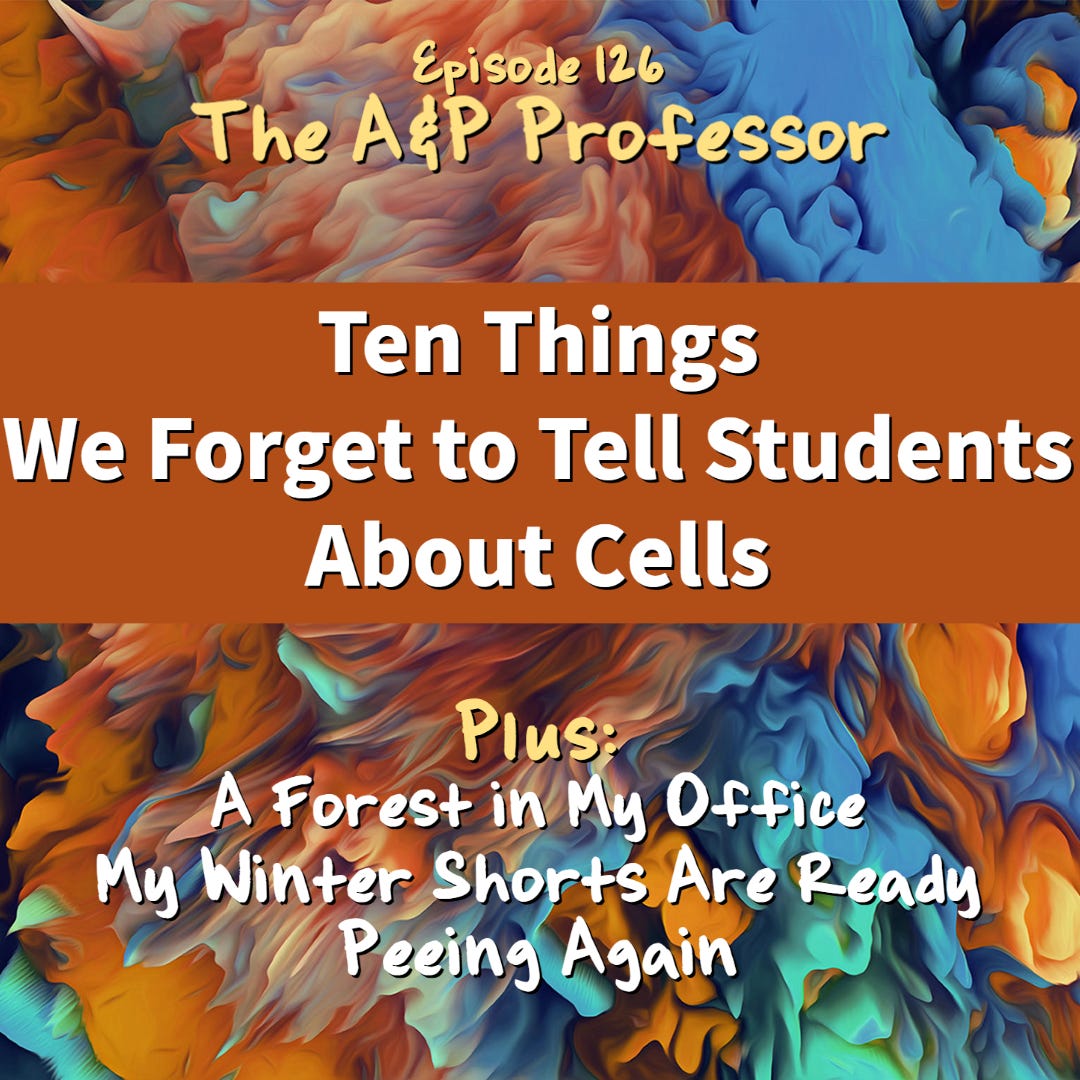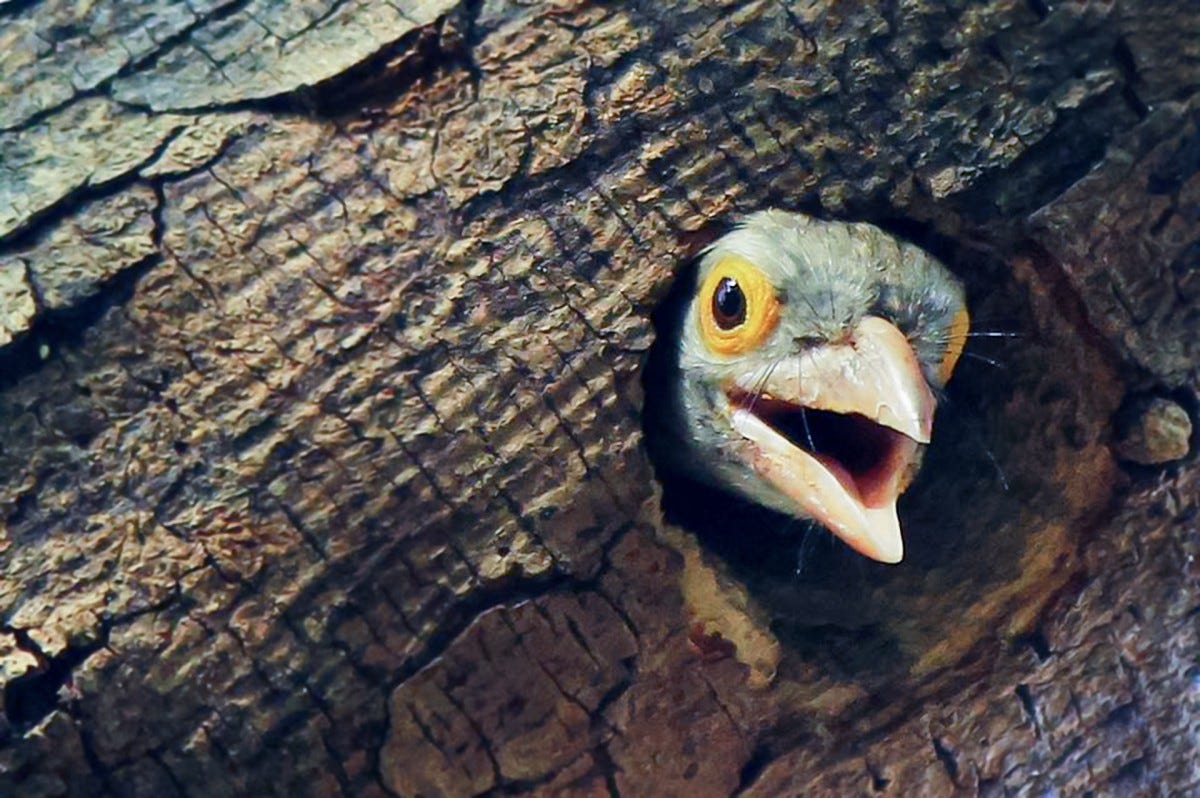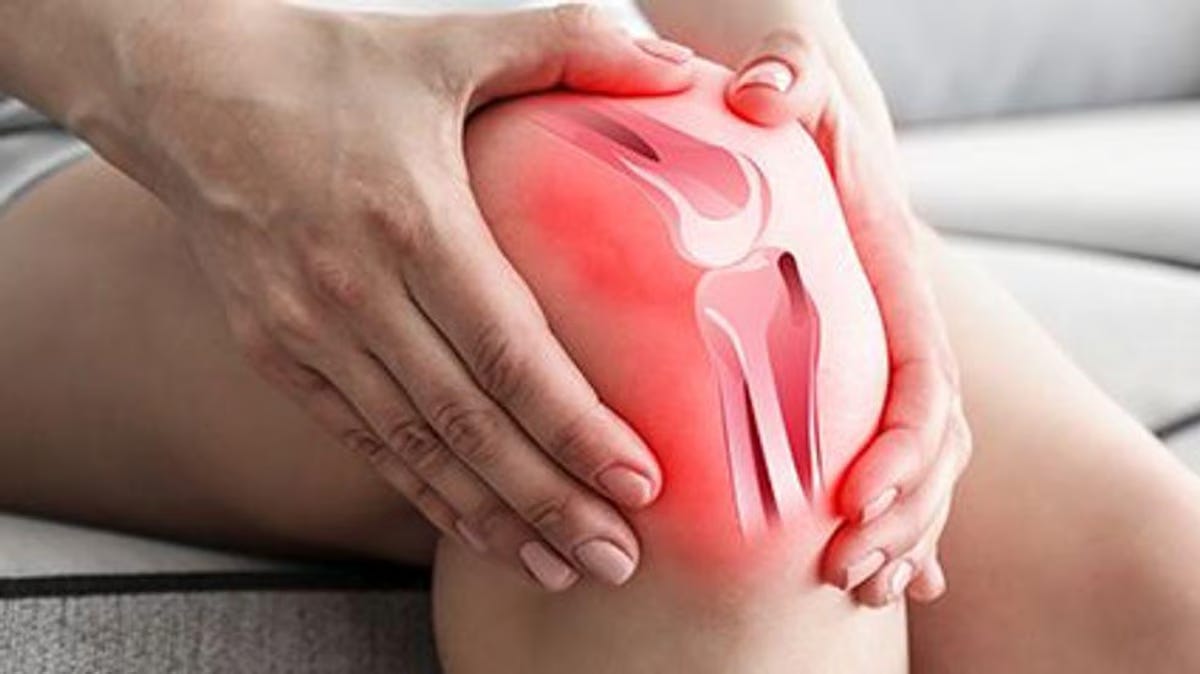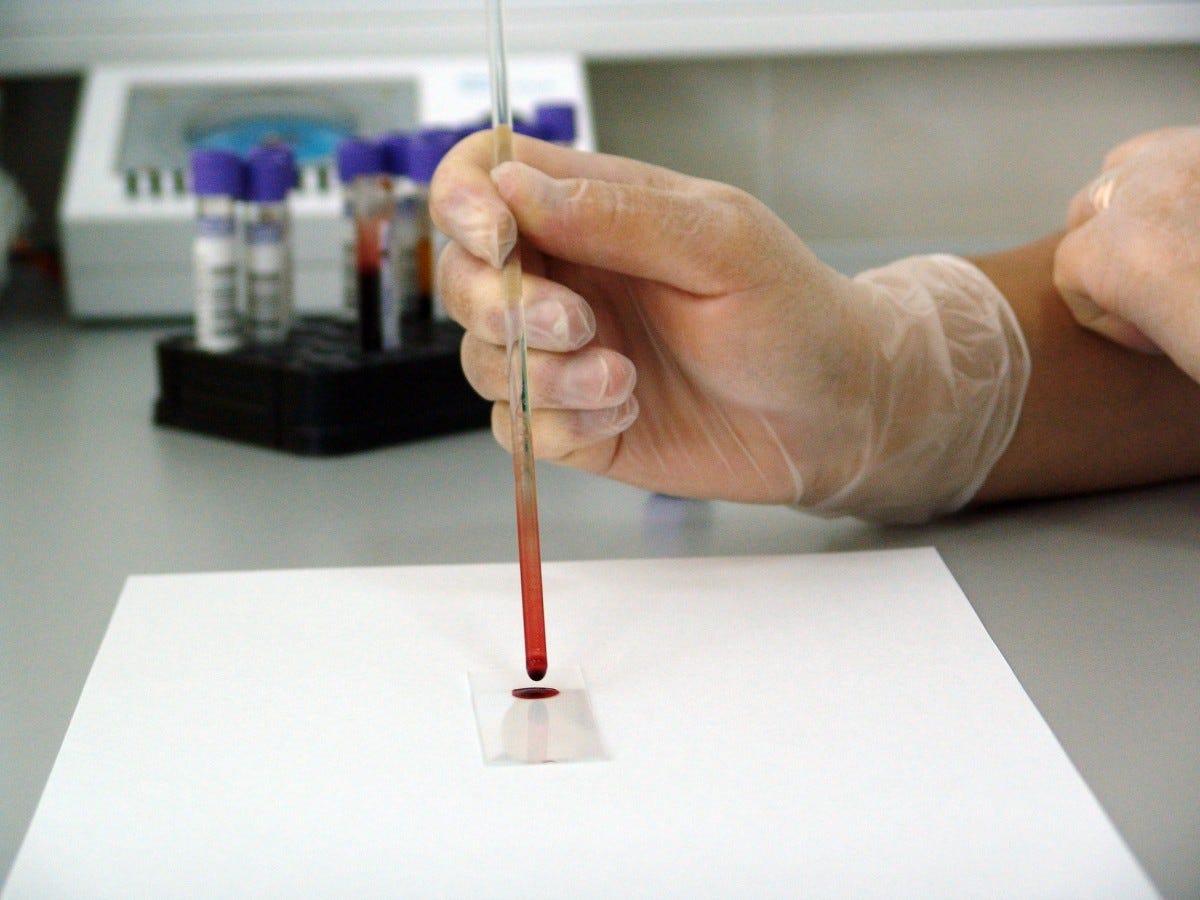Sci-Ed Update 316
What bio students learn, birth control & injuries, sentient insects, endsymbiosis seen in lab, pupil dilation & memory, ten things we forget about cells, colon cancer linked to mouth microbes, more!
The breathtaking lifesaving impact of vaccines, in one chart
The world has become a much safer place to be a young child in the last 50 years. Since 1974, infant mortality worldwide has plummeted. That year, one in 10 newborns died before reaching their first birthday. By 2021, that rate had fallen by over two-thirds.
A lot of factors drove this change: lower poverty and better nutrition, cleaner air and water, and readily available antibiotics and other treatments. But one of the biggest contributors, a new study from the World Health Organization (WHO) concludes, was vaccines.
Vaccines alone, the researchers find, accounted for 40 percent of the decline in infant mortality. The paper — authored by a team of researchers led by WHO epidemiologist and vaccine expert Naor Bar-Zeev — estimates that in the 50 years since 1974, vaccines prevented 154 million deaths.
Read more→ AandP.info/9gw
Colon Cancer Linked to Mouth Bacteria
…a recent, so-far-unexplained rise in colon cancer rates among younger people has ramped up urgency in learning more about how the disease works—and how to prevent it.
Pinning down colon cancer’s genetic or environmental causes has been a complex and long-running quest, but a new study in Nature points to a promising clue: a bacterium typically found in the human mouth. The study found that a specific subtype, or clade, within a subspecies of Fusobacterium nucleatum was linked to colon cancer growth and progression. These results, the study authors say, could lead to better noninvasive diagnostic methods for colon cancer and could even suggest new therapies targeting these bacteria for tumor elimination.
Read more→ AandP.info/u2i
Ten Things We Forget to Tell Students About Cells | A Forest in My Office
We list ten things that we often forget to tell—or remind—our students about cells. We learn how to create a peaceful forest-like retreat in our office using soundscapes, I get my winter shorts ready (seriously), and Margaret Reece comments about teaching urinary concepts. That last topic spurs a rant from Kevin on diversity of course sections.
00:00 | Introduction
00:56 | Pee Again
07:46 | A Forest in My Office
13:54 | Sponsored by AAA
14:27 | Getting Out My Winter Shorts
17:31 | Sponsored by HAPI
18:02 | Things We Forget to Tell Students About Cells
33:45 | Sponsored by HAPS
34:20 | More Things We Forget to Tell Students About Cells
50:02 | Staying Connected
To listen to this episode, click on the play button above ⏵ (if present) or this link→ theAPprofessor.org/podcast-episode-126.html
Pupil Dilation Linked to Working Memory Capacity
Researchers discovered that pupil dilation can indicate levels of working memory. In a study, researchers observed that individuals whose pupils dilated more while performing memory tasks tended to have better working memory.
This relationship between pupil dilation and memory performance suggests that pupil metrics could potentially serve as non-invasive indicators of cognitive load and memory capacity. The study involved 179 undergraduate students who performed various working memory tasks while their pupil responses were monitored.
Key Facts:
The study found a positive correlation between pupil dilation during cognitive tasks and higher working memory performance.
Participants with greater pupil dilation were able to better recall and process information.
This research opens the possibility of using pupil dilation as a simple, non-invasive measure of working memory in cognitive assessments.
Read more→ AandP.info/hoz
For the first time in one billion years, two lifeforms truly merged into one organism
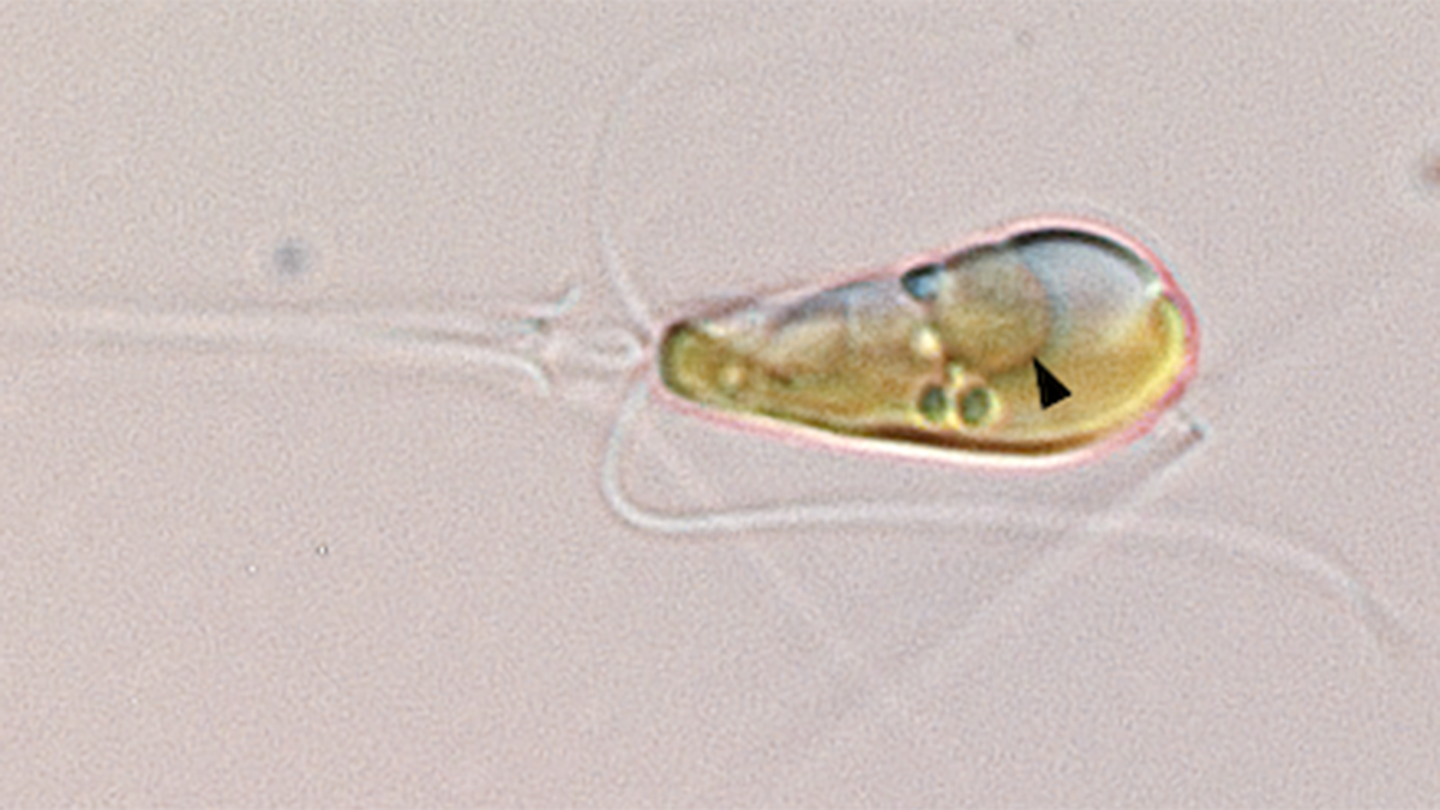
…a team of scientists have detected a sign of a major life event that has likely not occurred for at least one billion years. They’ve observed primary endosymbiosis–two lifeforms merging into one organism. This incredibly rare event occurred between a type of abundant marine algae and a bacterium was observed in a lab setting. For perspective, plants first began to dot our planet the last time this happened. The results are described in two papers recently published in the journals Cell and Science.
Kevin Patton comment→ This recent research would fit nicely in a story about organelles, when mentioning the SET concept and origins of mitochondria and other cell structures.
Read more→ AandP.info/bry
Scientists push new paradigm of animal consciousness, saying even insects may be sentient
…the more scientists test animals, the more they find that many species may have inner lives and be sentient. A surprising range of creatures have shown evidence of conscious thought or experience, including insects, fish and some crustaceans.
That has prompted a group of top researchers on animal cognition to publish a new pronouncement that they hope will transform how scientists and society view — and care — for animals.
Nearly 40 researchers signed “The New York Declaration on Animal Consciousness,” which was first presented at a conference at New York University on Friday morning. It marks a pivotal moment, as a flood of research on animal cognition collides with debates over how various species ought to be treated.
Kevin Patton comment→ We kinda knew this, didn’t we?
Read more→ AandP.info/qa7
Birth Control Pill Might Lower Odds for Sports Injuries
Active women using the pill appear to receive an added bonus from their birth control, a new study says.
These women are less likely to suffer sprains and strains than women not on birth control, researchers reported recently in the journal Medicine & Science in Sports & Exercise.
Women taking oral contraceptives had significantly fewer tendon and muscle injuries than women not on the pill or men, results show.
These sorts of injuries are among the most common in sports, researchers said.
“This understanding holds promise for informing the development of targeted preventive strategies and interventions aimed at reducing injury risk in women, benefiting both athletic and nonathletic populations,” said lead researcher Luis Rodriguez. He's a doctoral candidate with the Joint Biomedical Engineering Graduate Program at University of Texas-Dallas and University of Texas-Southwestern.
For the study, researchers analyzed health data for more than 126,000 men and women between the ages of 18 and 39 who were either normal weight or overweight and had sustained an orthopedic injury.
About 0.5% of women on the pill had a sprain or strain, versus 2.5% of women not taking birth control and 3.5% of men, researchers found.
Read more→ AandP.info/rpj
Undergraduate Biology Lecture Courses Predominantly Test Facts about Science Rather than Scientific Practices
Scientific practices are the skills used to develop scientific knowledge and are essential for careers in science. Despite calls from education and government agencies to cultivate scientific practices, there remains little evidence of how often students are asked to apply them in undergraduate courses.
We analyzed exams from biology courses at 100 institutions across the United States and found that only 7% of exam questions addressed a scientific practice and that 32% of biology exams did not test any scientific practices. The low occurrence of scientific practices on exams signals that undergraduate courses may not be integrating foundational scientific skills throughout their curriculum in the manner envisioned by recent national frameworks.
Although there were few scientific practices overall, their close association with higher-order cognitive skills suggests that scientific practices represent a primary means to help students develop critical thinking skills and highlights the importance of incorporating a greater degree of scientific practices into undergraduate lecture courses and exams.
Kevin Patton comment→ In my decades of teaching A&P, I found that most students who took a general/intro biology course beforehand did not know what we think they should know about how biology is done.
Read more→ AandP.info/ram





